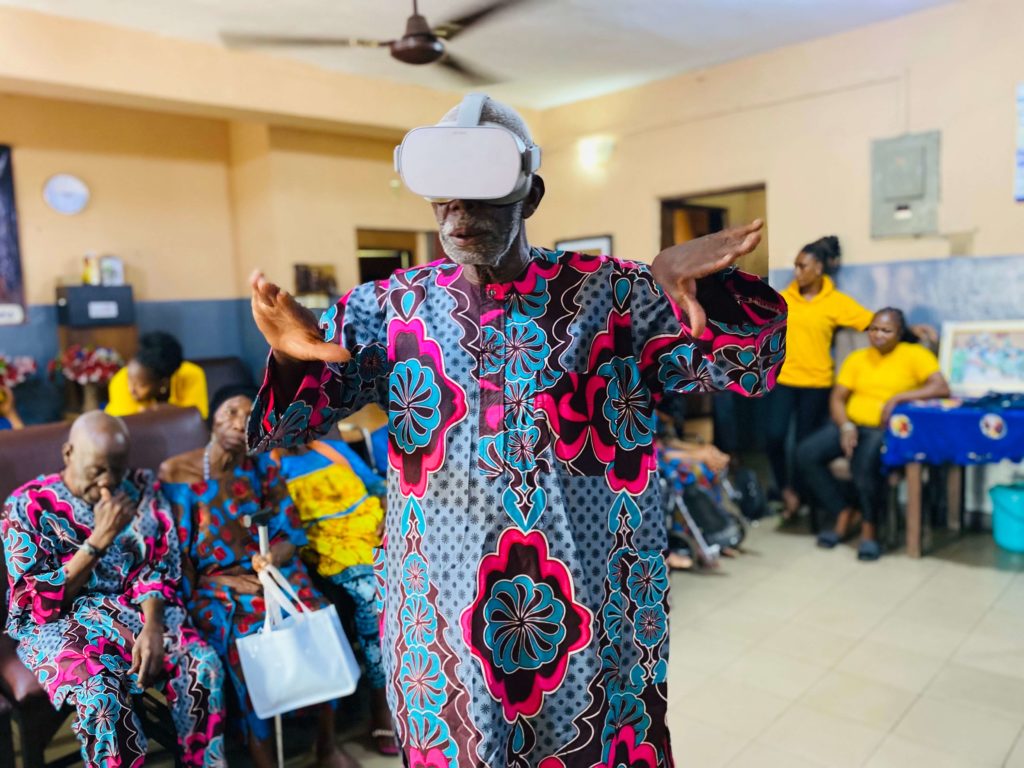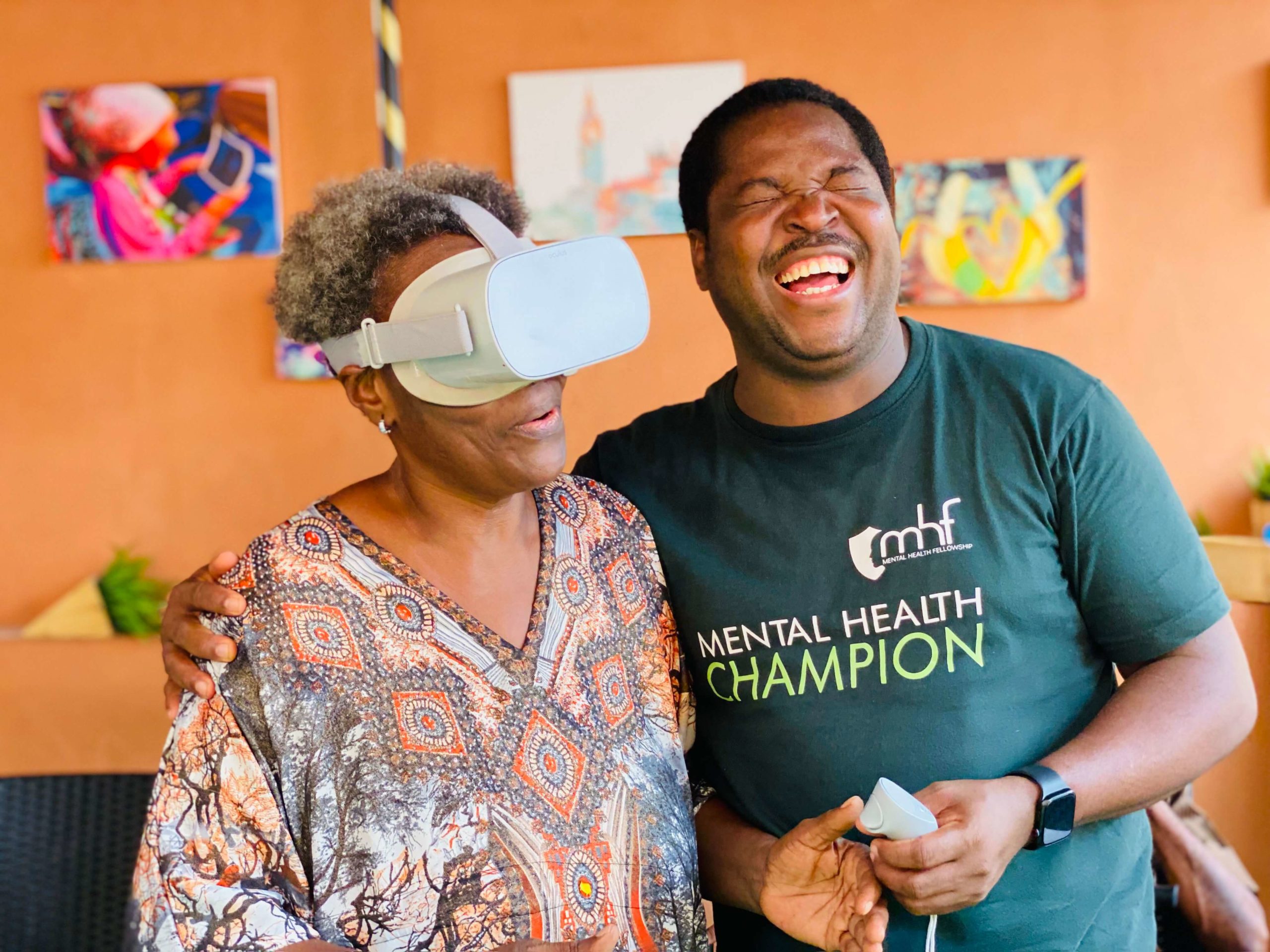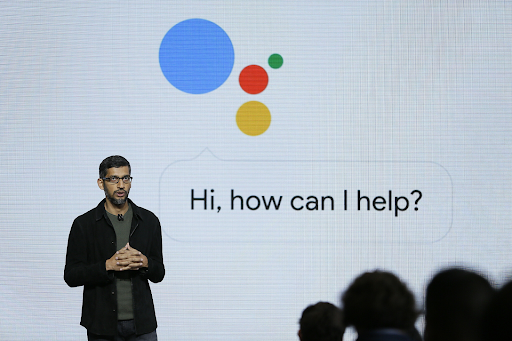In August 2022, Teni* was rushed to the Lagos University Teaching Hospital (LUTH) due to a life-threatening medical condition. The 14-year-old girl was diagnosed with sepsis, an extreme reaction to an infection, which if not treated promptly, could lead to organ failure, tissue damage or death.
After two weeks of regular treatment and care, Teni had made significant progress in recovery. Dr Ugonna Fakile and her team who attended to Teni felt it was time to discharge the teenager. But there was a challenge: Teni’s mood wasn’t improving and there were concerns that there might be something else wrong with her.
“We noticed that when we suggested that she should go home, she’ll just be dull and unresponsive,” Fakile, a consultant Haematology Paediatrics Oncologist at LUTH, told TechCabal over a call. “This was concerning because ideally, patients have to be ready to be discharged from the perspective of the doctor and the patient. When you notice that the child’s mood is still down, you don’t want to seem like you’re pushing the child, so you ask the child to stay and you pay attention in case you’re missing anything.”
Fakile kept on paying attention to Teni’s low mood, hoping for a positive change. This change finally came after a particular hospital exercise. Suddenly, Teni was more responsive and ready to go home. What changed?
Teni had participated in a virtual reality (VR) exercise organised by the Arts In Medicine Projects. The outreach which was led by Kunle Adewale, the founder of Arts in Medicine projects, offered the patients in the pediatrics ward the opportunity to tour countries like Canada, India, and the US, perform guided dance and meditation sessions, as well as swim with dolphins.
These experiences stimulated the teenager’s mind more than the books and TVs in the hospital wards, improving her mood.
“What we noticed from our outreaches is that the opportunity for patients to walk around and see the sun is a deeply cherished experience,” Adewale told TechCabal. “Because when you’re trapped within the four walls of a hospital where all you’re used to is cries, it affects your mood and recovery process.” Three days after Adewale’s outreach, Teni was discharged.
Although it is mostly associated with the gaming and entertainment scene, the use of VR is becoming more prevalent in other fields, including healthcare. Medical practitioners are exploring novel ways that VR can assist patients and health providers to achieve better treatments and outcomes, including in surgery, pain management, physical and cognitive rehabilitation, mental health, and more.
Here’s how it works: Once a patient puts on a motion-sensing VR headset (sometimes with handheld controllers), their perceived environment is replaced with a 360-degree virtual world that they can move around in and interact with.
The patient suddenly finds themselves in the ocean surrounded by dolphins, with the sun shining through the water’s surface. In another instance, the patient can find themselves in the streets of New York or at the Abu Simbel Temples in Egypt.
This experience, which is often therapeutic, serves as a distraction from the pain or stress the patient is going through, as it’s difficult for the brain to focus on other stimuli, such as negative ones like pain and anxiety during the VR experience. While the patient might intellectually know that they’re not underneath the ocean or in New York, the brain has to focus on one reality at a time. The realistic nature of the experience boosts the positive emotions the patients feel, and the effect of the experience can remain for many hours and days after the exercise is over.
Tunde*, another patient undergoing dialysis treatment for renal disease, had a similar experience after the VR session. Fakile noticed that the 12-year-old became more active and responsive to treatment after participating in the VR session.
“The truth is that for any treatment to work effectively for people here with sickle cell, cancer or some terminal disease, their minds need to cooperate,” Fakile said. “When a child is experiencing a sickle cell crisis, many thoughts and existential questions run through their minds. These are children and adolescents that are thinking about their mates in school or siblings at home eating.”
Fakile added that it’s difficult for patients with low moods to communicate with doctors and nurses about what’s wrong with them, making it difficult for the healthcare providers to understand and give them the care they need.
The introduction of the use of VR technology is a welcomed development for Fakile, who first experienced virtual reality in 2015, during training on the childbirth process at the Lagos University Teaching Hospital at LUTH by a foreign facilitator. Seven years later, Adewale and his team, a group of artists and educators, introduced a different use case of this immersive technology.
Adewale started out as a visual artist but over the past few decades, he has expanded his expertise in using art to solve healthcare problems. He obtained certificates in Understanding Dementia and Arts, from University College London, and Medicine and the Arts: Humanising Healthcare, from the University of Cape Town, South Africa.
In the early days, all Adewale had was a desire to use art in a different way. Today through his work, he has reached thousands of people and even has a day named in his honour in Cincinnati.
Connecting the dots: Art and Health
After graduating with a degree in Fine and Applied Arts from Obafemi Awolowo university in 2010, Kunle Adewale had one question on his mind: what could he do differently as an artist?
In 2012, while working as an art teacher in a primary school, Adewale noticed that a dyslexic student was always coming around the art studio because she found comfort there and saw it as a place where she wouldn’t be looked down on. This experience and many others exposed Adewale to the benefits of arts in the healthcare space.
This led Adewale to begin exploring the therapeutic benefits of art in 2013, by founding Tender Arts Nigeria, a social enterprise that focused on art therapy, art education, and community development. He later founded Arts in Medicine Projects in 2016.
Over the past seven years, the project has worked with different groups of people (children and adults) living with sickle cell anaemia, cancer, dementia, Alzheimer’s, mental illnesses and neurological disorders.
“These outreaches first started with normal artwork and then when VR started gaining traction from the days of Google cardboard, we experimented with it. Since then we’ve moved to use more powerful headsets like Oculus and many other devices,” Adewale told TechCabal.
Helping elders relieve older memories
The Arts in Medicine Project outreach has also been expanded to adult homes.
In his outreach programmes, Adewale uses VR to help young people have new experiences. But for the elderly, he helps them relive past memories. In September 2022, he visited Heirs Home Care Solutions, an elderly home care service founded by Modupe Agusto.
When Agusto started offering the residential elder home care service in 2020, one of the challenges she noticed was that it was difficult to engage the elders.
“One of the things we struggle with is activities. We have games, and we encourage the elders to come around but after some exercise, they want to sit down. They’re not too interested in watching TV,” Agusto told TechCabal. “We’re mindful of this because with old age comes depression because they’re lonely.”
The introduction of virtual reality was a welcomed alternative. At first, the elders were sceptical about the unfamiliar-looking devices but Agusto and her team had to convince them first by wearing them and then by getting some of the elders to wear them.
Once they got a hang of it, the response was positive as the elders were excited, dancing and smiling as they were immersed in their new virtual world.

“There was an 80-year-old man, who said he was the first DJ in Nigeria. We gave him the opportunity to attend a concert through VR and he was elated,” Adewale said. “Another woman got to visit New York again because her children were there and she couldn’t travel to visit them. She was actively involved in naming streets and monuments.”
The cost of improving healthcare
In 2016, when Adewale began his work, the cheapest VR headset was the Google Cardboard – a $9.99 box made out of cardboard. But the demise of Google’s first iteration has meant that decent lower-end VR headsets go for $50, while mid-range devices cost $300-$600, and the premium ones go for about $1,000 and above.
The pricey nature of these headsets implies that Adewale’s outreach programmes, which are currently free, should typically cost about $20 for a session with 50 people. A rather steep price considering that 63% of the Nigerian population lives below the poverty line.
“We’ve decided to make it free for participants because access is a privilege and equity is a major thing in what we do,” Adewale said. “Some of these people have sold their properties to treat their loved ones and you want us to go there to ask for money to make them happy? No, we don’t do that.”
Fortunately, sponsorship from organisations such as Alzheimer’s Association, Alzheimer’s Society, Global Brain Health Institute, the Atlantic Institute and others help in covering the purchase of higher-end headsets such as the Oculus Quest 2 and Oculus GO headsets. In addition to this, Adewale leverages existing content to offer a variety of options, as opposed to creating new content from scratch, which is more expensive.
“I believe technology is a leveller. When I first started this, there were times when people used to ask me whether I knew what I was doing as an ordinary art teacher, but today you can see the impact of my work,” Adewale said.
Dealing with the side effects
A popular criticism against VR is the risk of escapism and addiction—concerns that soon people will prefer to live in a virtual world instead of the real one. This concern is supported by a 2022 study at the University of China that found VR gaming 44% more addictive than traditional gaming.
Adewale’s response to this is that “the extreme usage of anything has side effects.” He acknowledges that VR can be addictive and advocates that it should be used sparingly.
“If anyone is experiencing any dizziness or side effects, they should take a break from using the VR until they are okay,” he said.
*Name changed to protect the person’s identity.





















